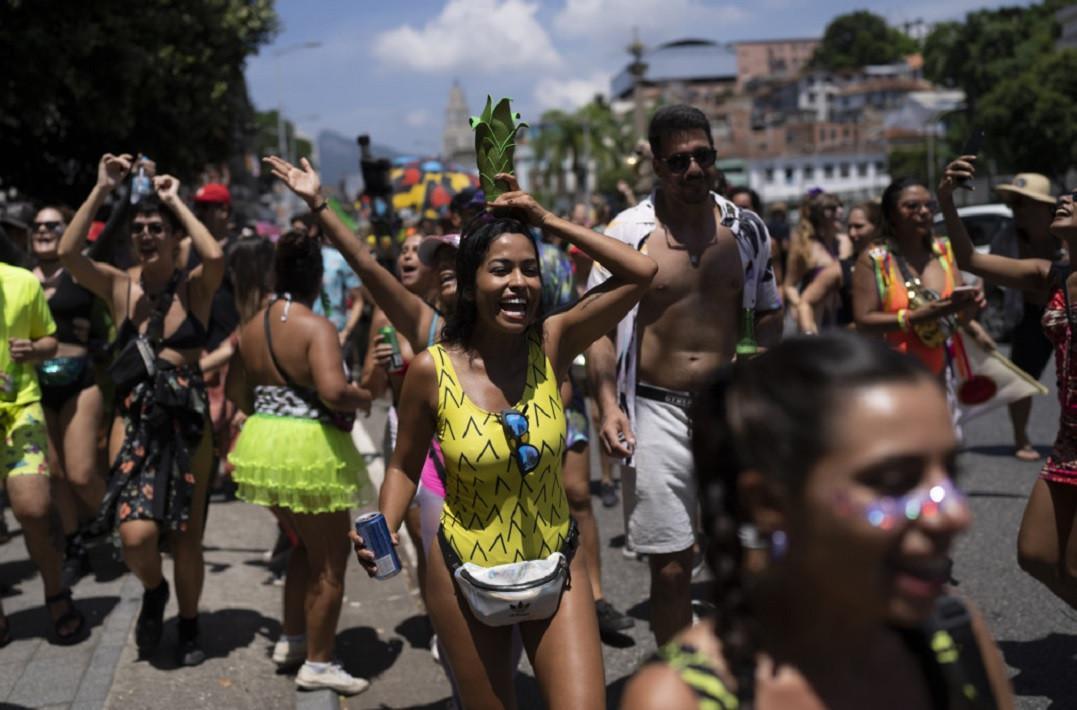
With the glittering parades, towering floats and sultry samba postponed by the omicron variant, Brazil will have a carnival week without much carnival this year -- bad news for a tourism industry already battered by the pandemic.
In a world without COVID-19, this would have been the week a deluge of tourists - more than 2.1 million in 2020 - descended on Rio de Janeiro for a free-for-all of street parties and spectacular, all-night parades.
Instead, industry experts predict Rio and other tourist destinations to be relatively low-key, with a smaller number of visitors - mainly Brazilians traveling domestically.
That is adding to the agony of a tourism industry only just starting to recover from near-collapse in 2020.
“It’s been very traumatic,” said Alexandre Sampaio, head of hotel and restaurant federation FBHA, citing official figures showing the tourism industry’s revenues plunged 35 percent in 2020.
The industry rebounded only partially in 2021, growing around 20 percent.
Carnival week will still have concerts, parties and balls in Rio - limited to 70 percent capacity, with vaccine and mask requirements.
But omicron led authorities to cancel carnival street parties for the second straight year, and postpone the famed samba school parade competition until April.
“We’ll see some revenues” from the rescheduled parades, “but it won’t come anywhere near pre-pandemic levels,” said Fabio Bentes, an economist at the National Confederation of Trade in Goods, Services and Tourism (CNC).
Bentes predicts carnival-week revenues one-third below pre-pandemic levels.
His research indicates the tourism industry, which accounted for 7.7 percent of Brazil’s economy before the pandemic - 551.5 billion reais ($110 billion) in direct and indirect revenues in 2019 - has lost $94.1 billion in the past two years, and more than 340,000 jobs.
Flavio Miranda, a 52-year-old driver from a nearby favela, sells tours of the city’s attractions.
He spent eight months without work when the pandemic arrived, relying on food handouts to feed his family of four.